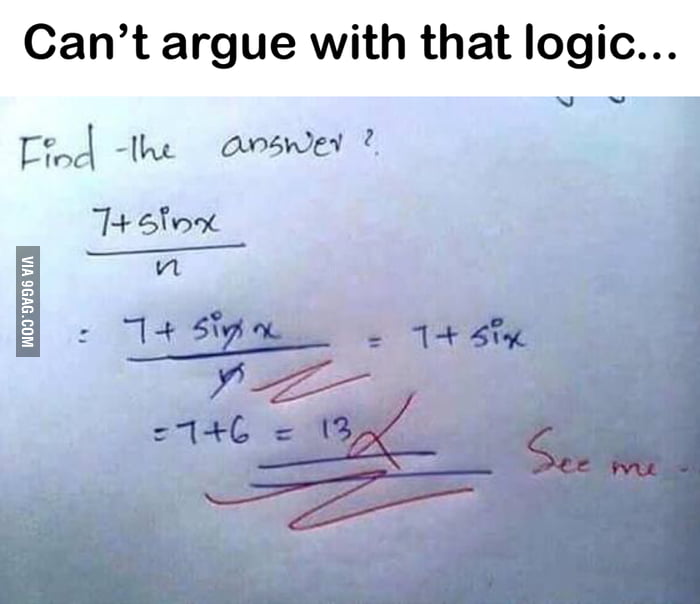
Originally Posted by
Ashton2

Unverified generalizations based on theoretical extensions… so, kinda like all Socionics, right? What makes this particular claim more audacious than the rest?
Odds are, if anything in Socionics is most approximately correct, it wouldn't be functions or sociotypes—but intertype relations. Since presumably the greater frequency and overlapping redundancy in intertypes would've ebbed out and corrected at least somewhat for possible error. I'm sure there's a more mathematically rigorous way to illustrate this, but lets say I'm Aushra and we fudge some numbers that I have a sample of 10 persons/type (160 people total) @ 80% typing accuracy. Meaning 128/160 people correctly typed, or 8/10 correct on avg. in each type—though ofc no way of knowing at the time who or what the mistypings were. Then say I use this group and study their various interactions with one another as a basis for deriving descriptions of each sociotype and intertype relation. What happens if I fuck up royally on a particular type where in reality only 4/10 of the persons assigned actually were that type? Obviously that'd greatly skew things and I'd likely misestimate much about that type. OTOH, error variations like this would be of little to no consequence to intertype understanding—you'd still have all those other pairings from the rest of the correctly typed people to draw conclusions from.
This claim is greater because it extends the authority of socionics from 16 (possible function combinations) to 256 (possible relationship combination).
I suppose I should replace 'unverified' with 'unverifiable' so long as there is no sure fire way of discerning type, and there is no method in sight that does this, so for the predictable future we will have to deal with their lack of verifiability and talk within the theory's claims and not about their physical support.

Originally Posted by
Ashton2

With a large enough group of reliably-typed people consisting of

persons matched with

persons… if you can demonstrate that a significant trend exists in raising each other's psychological well-being (however the researcher wishes to define+measure that) with known confounds appropriately mitigated… then honestly, what else is there?
Now sure, you can try and torpedo what I just said with far-flung 'what if this, what if that' possibilities, metaphysical considerations, and alternative explanations—great, I can do that too. But I'm speaking in the realm of what's likely and generally been true. I don't pretend to know the exact details and conditions of how a research design for something like this would literally be implemented—that would obviously take many weeks/months of expertise, thought, and preparation to do right. The point here is that the confirmation standards you're asserting here are unreasonable; I suspect the epistemic demands aren't nearly that intensive. Especially considering that experiments of this nature which test for phenomena like this are fairly routine and commonplace.
Well you have said yourself that the gathering of surely typed individuals is inconceivable, so the gathering of this data is nigh impossible anyway. My point is not that socionics lacks objectively gathered data, but rather that it makes claims about a complex matter by extending simple theoretical constructs with inductive leaps at conclusions, like the idea that Ni is complimented with Se in all real life situations (and it would have to be all situations, provided the individuals involved communicate their true sentiments, else the intertype relationships would not apply to all) with all potential individuals involved. My observation is that if that is the case, in order for Ni to be complimented in the way the intertype relations claim, it would have to have some universal purity in it that is common to all individuals' personality, communicative styles, beliefs, communicated ideas etc., which I have observed is not the case for there is a great disparity in the beliefs, communicative styles, etc. in members of the same type and dominant function, meaning a disparity in the way interactions occur between two individuals, undermining the claim that intertype relations apply universally.

Originally Posted by
Ashton2

Why would you think IEs somehow covered the entire breadth of human psychology?
If they don't, why do they claim to universally apply to relationships between members of certain types? I though they did because socionics does not selectively apply its hypothesis, but universally (intertype relations apply across the board).

Originally Posted by
Ashton2

Not sure what you're expecting from Socionics, and/or if you're applying it in lieu of relevant non-Socionics factors that ought to be considered.
I no longer expect socionics to accurately predict relationships; the point is I used to and have been met with these non socionics factors which I now feel greatly outweight the implications of intertype relationships.

Originally Posted by
Ashton2

Quite a lot. No they don't work 100% of the time; then again, few predictions work absolutely as prescribed 100% of the time in reality—especially when they deal with the complexities of people. Maybe you set your expectations too high, or you typed yourself wrong, or you're simply not considering them from their relevant perspective.
I could have done all those things you suggest, but even if my reality was structured in such a way that my type and the types in question were changed to a compatible intertype makeup I would still wonder how much error occurs when complexities are simplified so far as socionics goes.



 persons matched with
persons matched with  persons… if you can demonstrate that a significant trend exists in raising each other's psychological well-being (however the researcher wishes to define+measure that) with known confounds appropriately mitigated… then honestly, what else is there?
persons… if you can demonstrate that a significant trend exists in raising each other's psychological well-being (however the researcher wishes to define+measure that) with known confounds appropriately mitigated… then honestly, what else is there?
 Reply With Quote
Reply With Quote

